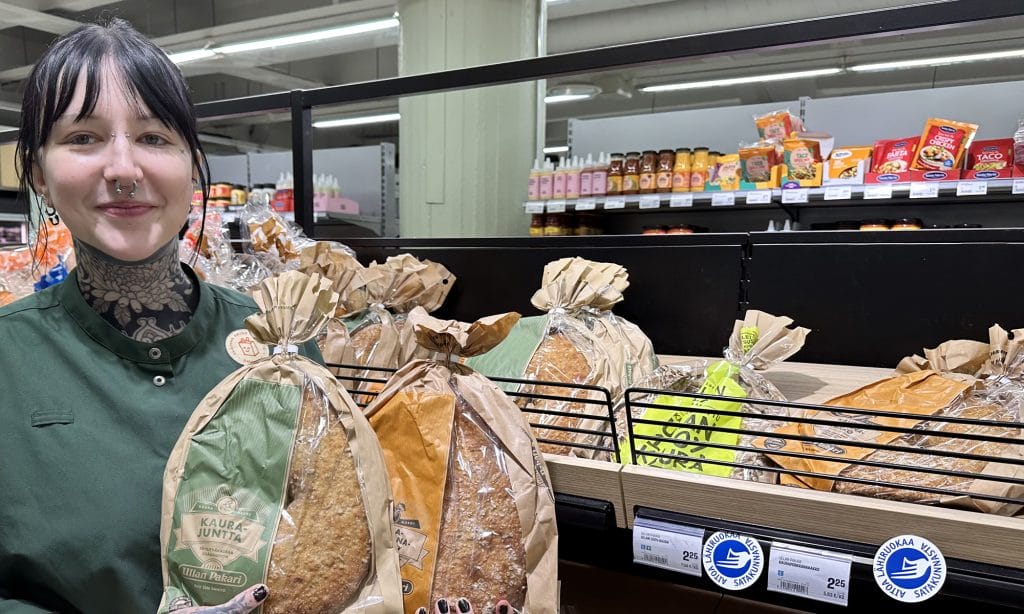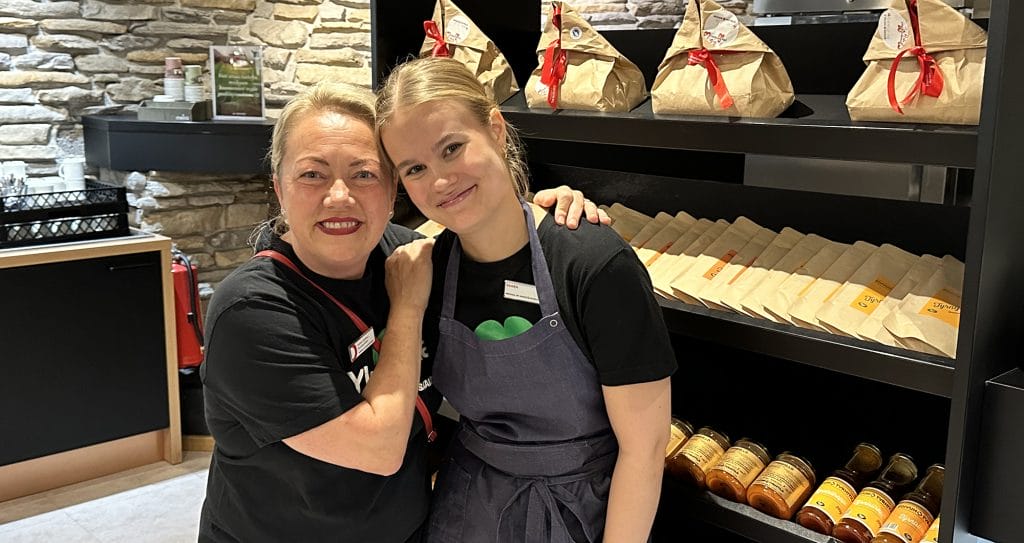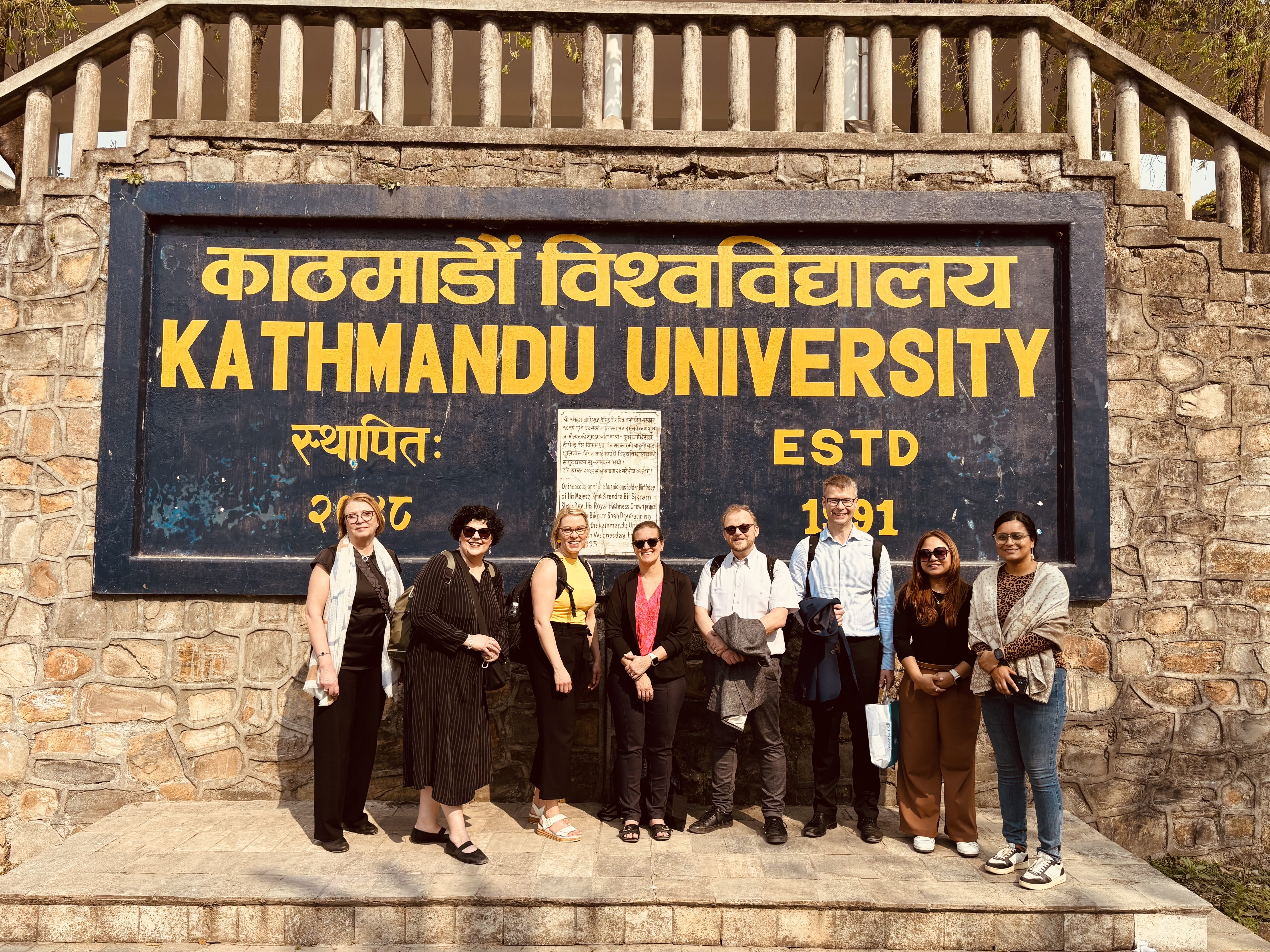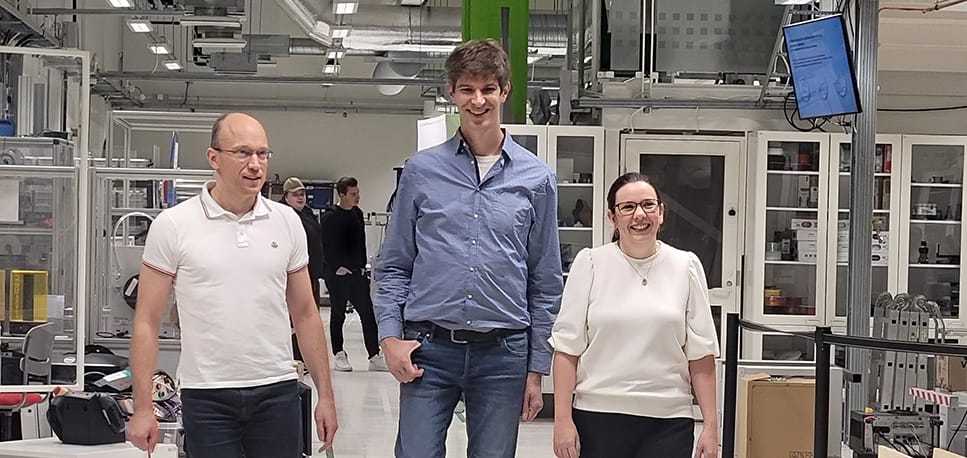The main collaboration partner of Business Week 2024 was Satakunnan Osuuskauppa (Satakunta Cooperative Society). The event provided a unique opportunity for students to learn about locally produced food and sustainable practices and it succeeded in bringing together local actors and international students around important themes. The event received positive feedback from participants and stirred discussion on sustainable food production.
The students who took part in the week considered communication skills, especially on social media, as the most important skill learned. Raquel Delgado Gómez, an exchange student from Spain, stressed the importance of marketing skills and client communication.
– We had to really think about what the target group wants and create social media content suitable for them,” says Essi Lindroos, who is studying in the SAMK’s degree programme in tourism taught in Finnish.
– The most important thing we learned was how to take good photos for Instagram, and how to promote shops and restaurants. We also learned about how to talk to the shop owners and staff. It was mostly about communication and also a little bit about marketing,” adds Kajip Kanapathypilai, who is studying real estate agency business in the Netherlands.
The participants felt that the cooperation was very successful. They were especially taken by the staff’s friendliness and willingness to help. Raquel Delgado Gómez learned that it is important for a company to build trust.
– I feel a bit tired because we did so much this week, but it was really fun. We learned a lot of things and worked together most of the time. The best part was getting to know new people, it was great.
Practical lessons from locally produced food – sharing your tasting journeys on social media
The students were able to visit many of the Satakunta Cooperative Society sites, such as the Sale grocery shops in the centre of Pori. The students found the selection of locally produced food to be wide: bread, vegetables, fish, meat products and much more. Satakunta Cooperative Society’s own label for locally produced food, the blue fork, which makes it easier to find local food on the shelves, also caught the students’ attention.

During Business Week, students also had the chance to experience a hotel breakfast with local produce. Many of the products at the breakfast table were locally produced, from the region, and the aim was to minimise waste by preparing precise quantities of food. The amount of plate waste was communicated to customers each day with concrete examples, and products were further processed to reduce waste, such as no-cook overnight oatmeal made from yoghurt.

– I think the week went very well. The people at the Prisma Mikkola where we visited were very friendly and helpful. Not only our contact person but also all the other staff members. Everyone helped us and gave us more information, so it was a nice experience. In Belgium we don’t have such big hypermarkets, food and clothes are never together, so it was very interesting to see and hear about it, says tourism student Kasper Eerdekens from Belgium.























